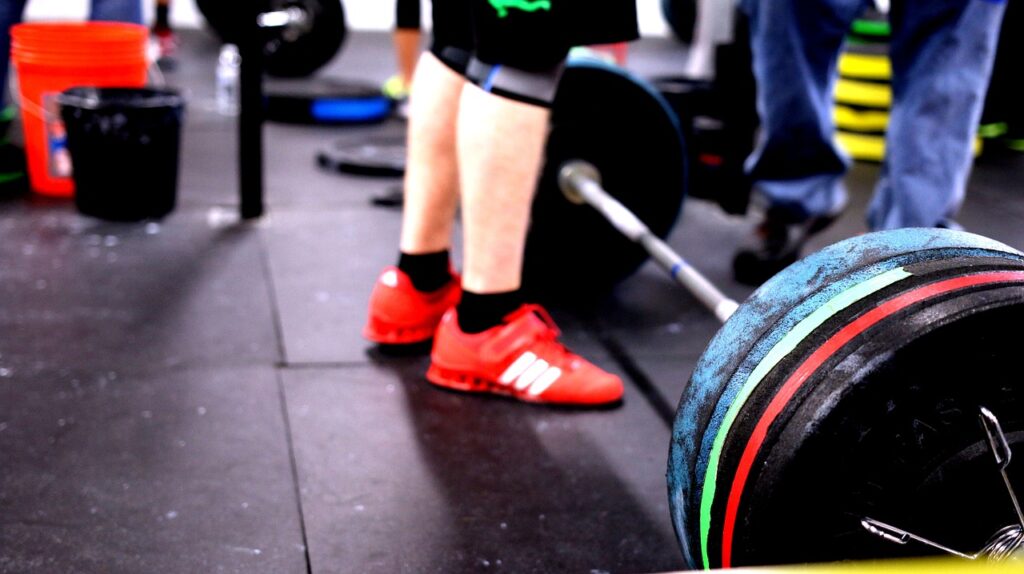One in 10 men at the gym could have muscle dysmorphia
Also known as ‘bigorexia’, muscle dysmorphia is an anxiety disorder that causes sufferers to perceive themselves as small, even though they are large and muscular.

In a similar way to anorexia nervosa, those with muscle dysmorphia feel the need to change their body shape to cope with internal anxieties. Instead of a desire to lose weight however, bigorexia causes a desire to gain muscle and look bigger.
The condition can affect both men and women, however most reported cases appear to be men. Rob Wilson is the chair of the Body Dysmorphic Disorder Foundation and said, “We know about 10% of men in the gym may have muscle dysmorphia.”
Signs of muscle dysmorphia include:
- compulsive exercising
- use of anabolic steroids
- abuse of protein shakes/supplements
- angry outbursts
- increased irritability
- obsessive over appearance and ‘body checking’ in the mirror
- depression and/or mania
- prioritising gym sessions over social life/relationships
- overexertion at the gym and working out when injured.
Wilson says the problem is growing and that there may well be lots of cases going undiagnosed due to lack of awareness.
So what causes it? Wilson believes men are increasingly conditioned to think in order to feel powerful, successful and attractive, they need to look a certain way.
“We’re seeing an increased pressure on men to look muscular, create a ‘V’ shape and have a six pack.”
The NHS say the causes are unclear, however genetics or a chemical imbalance in the brain could be to blame. Life experiences may be another factor as the condition is more common in those who were abused or bullied as children.
The tragic case of Oli Loyne has highlighted the dangers of the condition. At 18 Oli started taking steroids to grow muscle. Excessive training and steroid use triggered two heart attacks and a stroke when he was 19. Sadly a third heart attack lead to his death at 20.
His mother said his insecurities about his height may have triggered his muscle dysmorphia,
“He was about 5’2. He didn’t have the height and he wanted to make up for that by being as wide as he could.”
If you think you may have muscle dysmorphia don’t suffer in silence – speak to your doctor and find professional support.

Find a hypnotherapist dealing with Eating problems
All therapists are verified professionals


